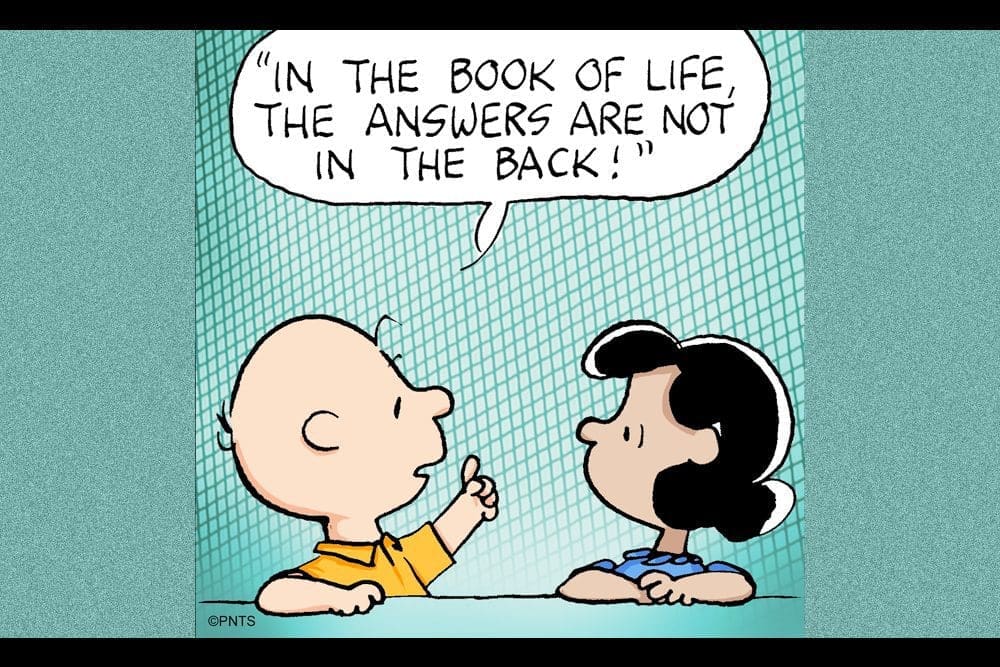
When the Answer is the Question
In the middle of facilitating a day-long design for a community of families, patients, researchers, and physicians in the field of pediatric epilepsy who had gathered together to discuss the impact of surgery, I learned a lot about the brain, the great work of the medical community, the challenges faced by families and children and the power of collaboration and shared information.
My role for the day was to simply facilitate the segments, transitions, and timing so that the designers of the event could fully participate.
As I listened to stories of the moments of making tough medical decisions both from the patient/family perspective and the physician guide perspective I was reminded of my own experience with my year walking with my mother towards the end of her life and the very fast and highly emotional month of supporting my beloved dog Big Boy through the diagnosis of cancer. My empathy, compassion, and experiences were touched and triggered by the stories and sharing that was being facilitated.
One of the many wise things that was shared during this event was that questions are our friends. When faced with unknowns the question is a better guide than assumptions or quick answers. And the statements “I don’t know” or “I don’t understand” might be the most powerful of all, especially when the challenge is complex and the impacts and outcomes unknown.
Framing big, important, guiding questions to start any journey is essential.
The big questions that they shared at this conference included:
• “What is your definition of quality of life?”
• “What are your expectations?”
• “What is your threshold for risk?”
• “If you do nothing, can you live with the outcome?”
I could have stopped to start my own ruminations on these big questions and how all my work and life should start with some big question, but I was present to facilitate and not walk my own journey in that moment.
I am grateful that the work I do enriches my life and learning all the time. I meet interesting people, garner new perspectives, learn about fields of work that are new to me, and make linkages that I did not expect.
Late in the morning as another group of presenters were sharing their information and I could sit on the sidelines, I realized that I had an intimate connection to the content. I am, of course, interested in brain research and have a background in working with special needs children but this went deeper.
The stories and research on brain trauma, epilepsy, and brain surgery refreshed memory that my brother, who died at the age of five – one year before I was born, died because of a brain trauma. And when I was five years old I started to have seizures and my EKG results where spiked for unknown reasons. This cast my family into a state of constant alert and fear of losing another child.
I was never left alone. My medical file that went to schools and camp with me carried a description of my condition and I was watched.
The seizures stopped as suddenly as they started with no explanation and no impact to my brain. I am grateful hat my life was touched so lightly.
This awareness garnered from this newly remembered event gifts me with empathy and understanding for the individuals with whom I shared this important conference.
• What unplanned learning have you bumped into recently?
• What teachable moment helped you or someone else?
• How can we use the events of our lives to help us in our work and working relationships?
There is something to learn from every opportunity — even an unplanned engagement. I am grateful that my work carries me into interesting worlds with interesting people. Today’s world is Brain Science and Epilepsy Surgery. My mother used to tell me, “You have a good brain but you don’t always use it well or to its potential.”
Well, mom, today the neurons are really firing.

Recent Comments